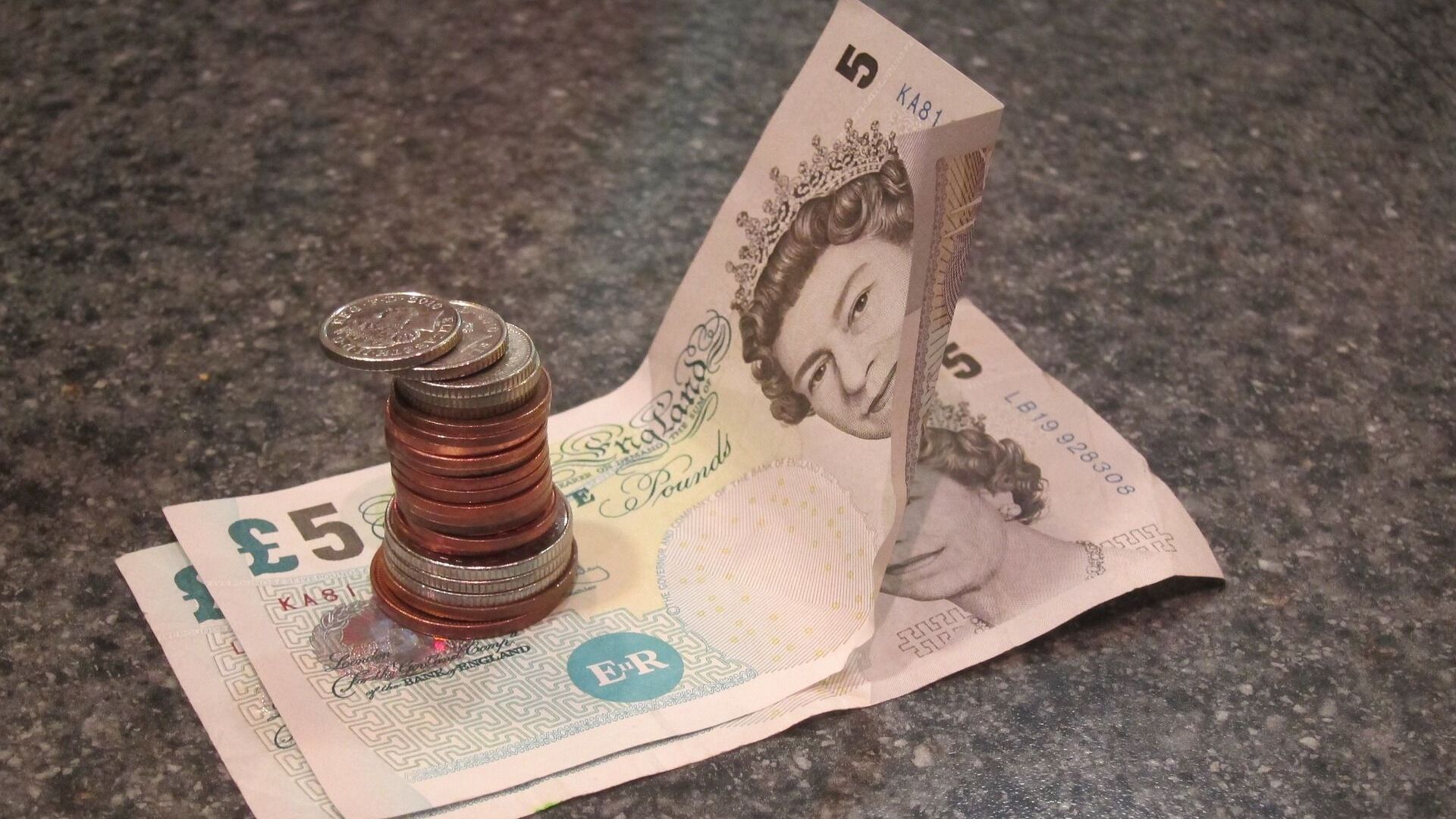https://sputnikglobe.com/20220621/uk-homeowners-to-face-significant-increase-in-mortgage-costs-reports-say-1096514355.html
UK Homeowners to Face Significant Increase in Mortgage Costs, Reports Say
UK Homeowners to Face Significant Increase in Mortgage Costs, Reports Say
Sputnik International
In May, the Bank of England raised the interest rate by a quarter of a percentage point, bringing the benchmark interest rate to 1%, making it the highest... 21.06.2022, Sputnik International
2022-06-21T09:22+0000
2022-06-21T09:22+0000
2023-05-28T15:19+0000
costs
inflation
united kingdom (uk)
https://cdn1.img.sputnikglobe.com/img/107939/66/1079396639_0:100:1921:1180_1920x0_80_0_0_f459ba75d0f973ea32fed03d06cfd403.jpg
UK buyers who purchased homes or remortgaged with substantial deposits in 2020 will face a major increase in payments amid the Bank of England’s decision to raise interest rates to 1.25pc, according to Hamptons estate agents, cited by the Telegraph.Those homeowners who bought an average-priced home in 2020 with a 25pc deposit using a two-year fixed-rate mortgage that expires in 2022 will face extra £112 a month payment and will cost owners £1,344 more per year amid the fact that rising interest rates have pushed up their typical mortgage rate.In turn, homeowners that bought houses with smaller deposits will also face an increase in payments. Those who bought home with a 15pc deposit will have to pay an additional £1,248 per year, while owners who took 5pc deposit and householders with a five-year fixed-rate mortgage would see their monthly payment drop. 1.3 million mortgaged homeowners will come to the end of their fixed rate contracts this year, according to the banking trade body UK Finance.In April, annual inflation in the UK reached 9%, the highest rate since 1982.According to the UK Office for National Statistics, the main contributor to soaring inflation is the rising cost of electricity, gas and other fuels, which, subsequently, drives the housing prices up. In general, the UK witnessed a 54%-increase in energy prices in April, with a major increase in motor fuels, by 31.4%, which in turn, led to surging transport costs.In early May, the Bank of England raised the interest rate by a quarter of a percentage point, bringing the benchmark interest rate to 1%, making it the highest since 2009. The Bank of England has increased it for the fourth consecutive time, while also predicting that inflation in the UK will grow up to 10% this year as soaring food and energy prices are exacerbated.
united kingdom (uk)
Sputnik International
feedback@sputniknews.com
+74956456601
MIA „Rosiya Segodnya“
2022
Sputnik International
feedback@sputniknews.com
+74956456601
MIA „Rosiya Segodnya“
News
en_EN
Sputnik International
feedback@sputniknews.com
+74956456601
MIA „Rosiya Segodnya“
Sputnik International
feedback@sputniknews.com
+74956456601
MIA „Rosiya Segodnya“
costs, inflation, united kingdom (uk)
costs, inflation, united kingdom (uk)
UK Homeowners to Face Significant Increase in Mortgage Costs, Reports Say
09:22 GMT 21.06.2022 (Updated: 15:19 GMT 28.05.2023) In May, the Bank of England raised the interest rate by a quarter of a percentage point, bringing the benchmark interest rate to 1%, making it the highest since 2009.
UK buyers who purchased homes or remortgaged with substantial deposits in 2020 will face a major increase in payments amid the Bank of England’s decision to raise interest rates to 1.25pc, according to Hamptons estate agents, cited by the Telegraph.
Those homeowners who bought an average-priced home in 2020 with a 25pc deposit using a two-year fixed-rate mortgage that expires in 2022 will face extra £112 a month payment and will cost owners £1,344 more per year amid the fact that rising interest rates have pushed up their typical mortgage rate.
In turn, homeowners that bought houses with smaller deposits will also face an increase in payments. Those who bought home with a 15pc deposit will have to pay an additional £1,248 per year, while owners who took 5pc deposit and householders with a five-year fixed-rate mortgage would see their monthly payment drop.
“Essentially anyone who is not a first-time buyer who is coming to the end of a two-year contract is likely to see their monthly mortgage payments go up,” David Fell of Hamptons said, as quoted by The Telegraph.
1.3 million mortgaged homeowners will come to the end of their fixed rate contracts this year, according to the banking trade body UK Finance.
In April, annual inflation in the
UK reached 9%, the highest rate since 1982.
According to the UK Office for National Statistics, the main contributor to soaring inflation is the rising cost of electricity, gas and other fuels, which, subsequently, drives the housing prices up. In general, the UK witnessed a 54%-increase in energy prices in April, with a major increase in motor fuels, by 31.4%, which in turn, led to surging transport costs.
In early May, the Bank of England raised the interest rate by a quarter of a percentage point, bringing the benchmark interest rate to 1%, making it the highest since 2009. The Bank of England has increased it for the fourth consecutive time, while also predicting that inflation in the UK will grow up to 10% this year as soaring food and energy prices are exacerbated.



